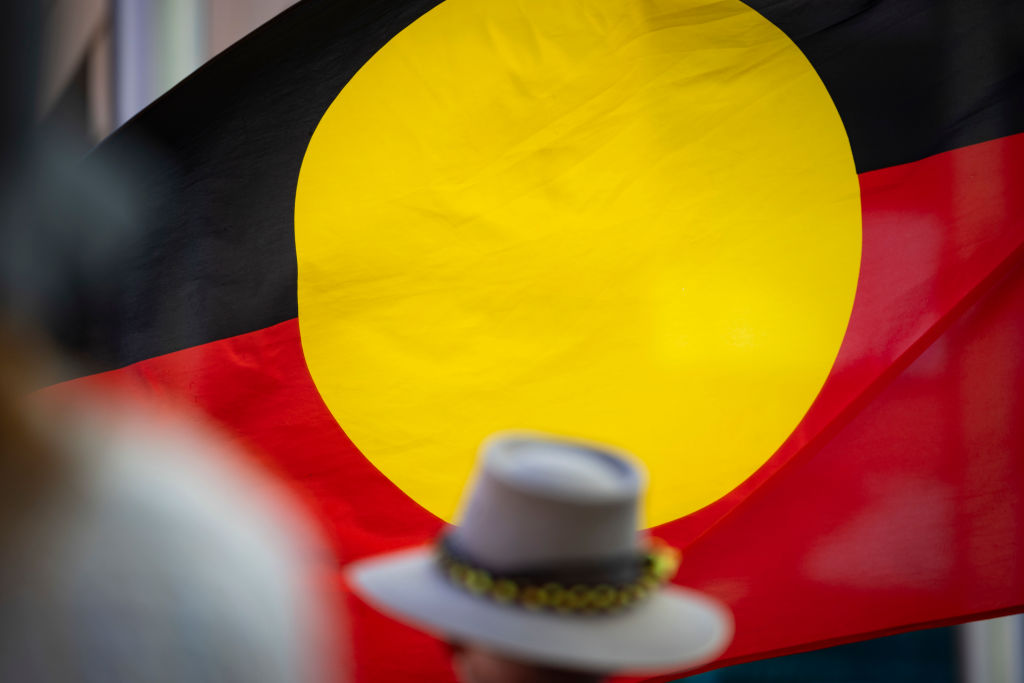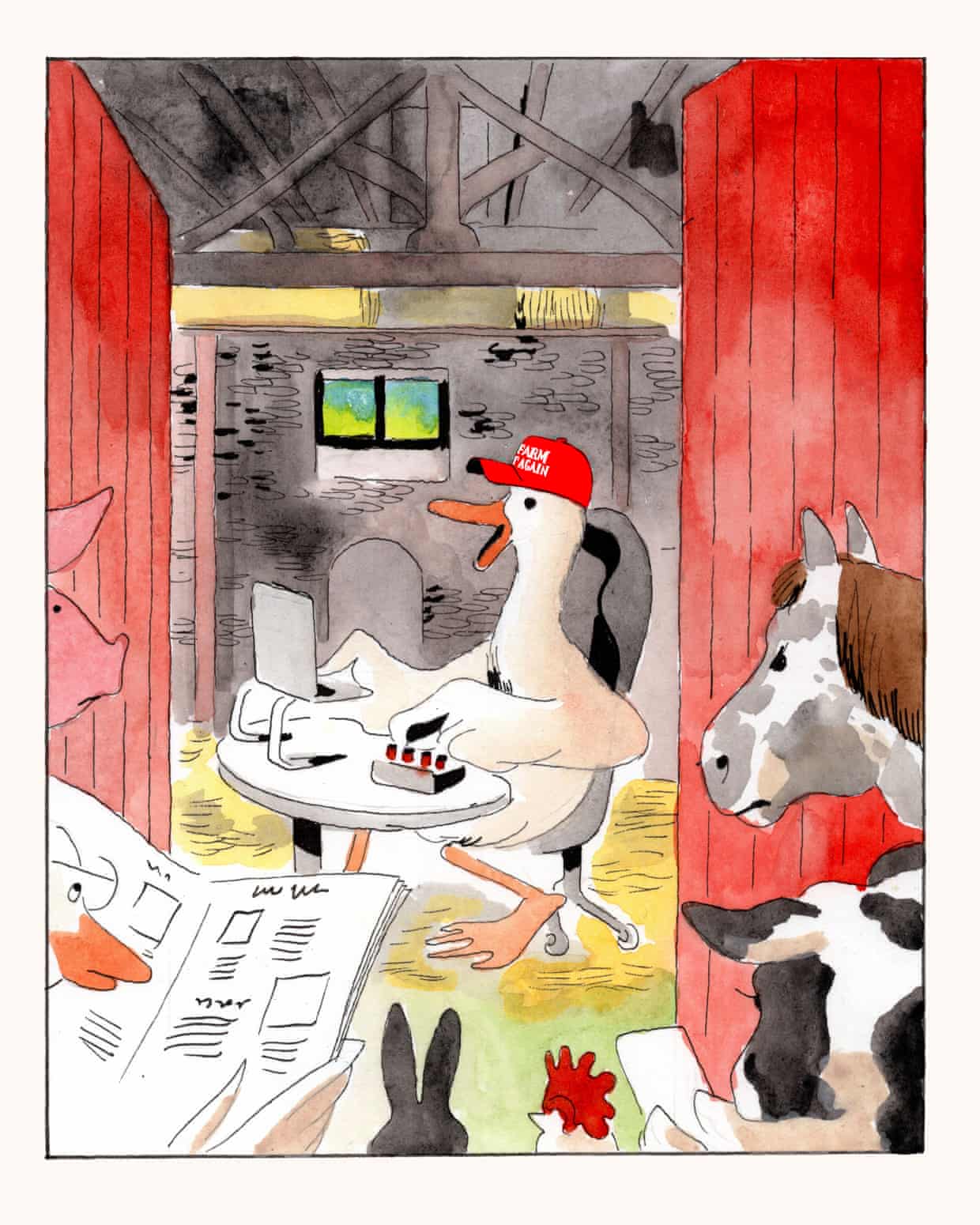
PERTH, AUSTRALIA - OCTOBER 7: An Aboriginal flag is seen through the crowd at the "Stop Black Deaths In Custody" march on October 7, 2023 in Perth, Australia. With Australia's historic referendum on the Indigenous Voice to Parliament just a week away, activity in the leadup to it has been at fever pitch in both the YES and NO camps. The Stop Black Deaths In Custody events were held against the backdrop of the referendum, which will take place on Oct. 14. (Photo by Matt Jelonek/Getty Images)
Indigenous leaders in the Northern Territory (NT) are calling for increased federal oversight to address persistent issues of racism and inadequate water supply. This demand follows a joint statement from four regional Aboriginal land councils, which accused the NT government of neglecting these critical concerns.
On July 24, 2023, the executive committees of the Northern Land Council, Central Land Council, Tiwi Land Council, and Anindilyakwa Land Council convened for their first meeting in five years, highlighting the urgency of their message. The councils collectively urged the federal government to “hold the NT government accountable” for its management of federally allocated funding.
The statement emphasized that federal funding is essential for the wellbeing of Indigenous communities, asserting, “Federal funding for our people props up the NT’s budget.” The councils oversee significant portions of land in the NT, with Aboriginal land councils presiding over more than half of the territory and 85 percent of its coastline.
The response from the NT Country Liberal Party has been one of defense, as they maintain that their approach to Aboriginal affairs is adequate. The party’s representatives argue that they have made strides in addressing issues facing Indigenous populations. Yet, the land councils contend that these measures are insufficient, pointing to ongoing challenges related to systemic racism and water access.
The call for federal intervention underscores a growing frustration among Indigenous leaders regarding the effectiveness of local governance. The land councils argue that historical neglect has led to deteriorating conditions for many communities and that federal oversight is necessary to ensure accountability and proper resource allocation.
As discussions continue, the focus remains on the need for effective solutions to enhance the living conditions of Aboriginal communities in the Northern Territory. The outcome of these calls for action may have lasting implications for Indigenous rights and governance in Australia, particularly as the federal government reassesses its role in addressing these pressing issues.
The gathering of the land councils marks a pivotal moment in Indigenous advocacy, reflecting a unified stance on the necessity for systemic change. This joint effort is not just about securing funding but is a broader plea for respect, recognition, and the right to self-determination for Aboriginal peoples in the Northern Territory.
As both local and federal leaders engage with these demands, the situation will continue to unfold, with the potential for significant implications for policies affecting Indigenous Australians across the country.







